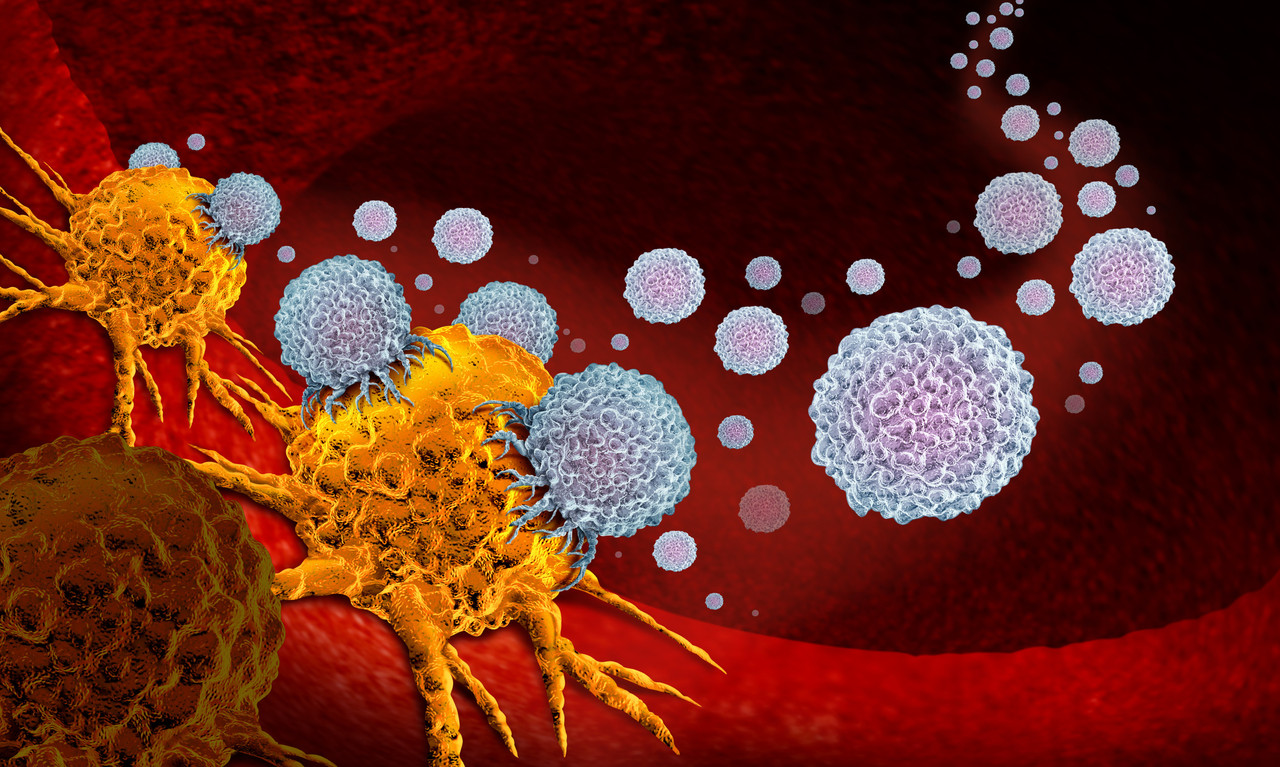In Luxembourg, 26% of all deaths are caused by cancer, and in 2020, nearly 3,000 people--1,601 men and 1,356 women--were newly diagnosed with a type of cancer. Despite being more easily diagnosed, and several types of treatments existing, such as chemotherapy, radiotherapy or targeted therapy, it also remains the second leading cause of death in the EU.
The LIH through its projects PreCyse and C2I, aims to delve further into cancer immunotherapy, an alternative type of treatment. This method uses the cancer patient’s own immune system--awakening specialised immune cells--to attack the illness. According to the LIH, despite its impressive longterm benefits, the treatment currently only worked successfully in the long term on a minority of patients.
Several immunotherapies have been combined in the past during trials, with the risk of triggering autoimmune diseases, as the right balance was yet to be defined.
The LIH wants to invest more of its research into immunotherapy though. “We hope that by combining our novel agents with available cancer immunotherapy, we will be able to simultaneously and specifically directly attack the tumour cells and activate the immune system,” Dr Bassam Janji said in a press release. The head of the tumour immunotherapy and microenvironment (Time) research group in the LIH’s cancer research department is confident that both projects could “finally make cancer immunotherapy available to a wider range of patients.”
In both projects, the end goal appears to be an alternative treatment that reaches the clinical trial stage, so as to, “provide personalised solutions instead of the traditional one-size-fits-all approach of standard medicine, and therefore encompass all the values of precision medicine.”
PreCyse, a collaboration with Norwegian biotech company Cytovation, focuses on making immune checkpoint inhibitors--which help identify cancerous cells and destroy them--work with an innovative molecule that specifically attacks tumours. The aim of this is to “define reliable biomarkers that guide the stratification of patients that would benefit from” combinatorial immunotherapy.
C2l, in a similar vain, is a project worked on by LIH, AC BioScience and the Gustave Roussy cancer treatment centre, which introduces alternative anti-cancer molecules that will improve the immune checkpoint inhibitors.
The LIH, which often collaborates with institutes in other countries, pertaining to immunoageing, linking it to the presence of the DJ-1 protein.
